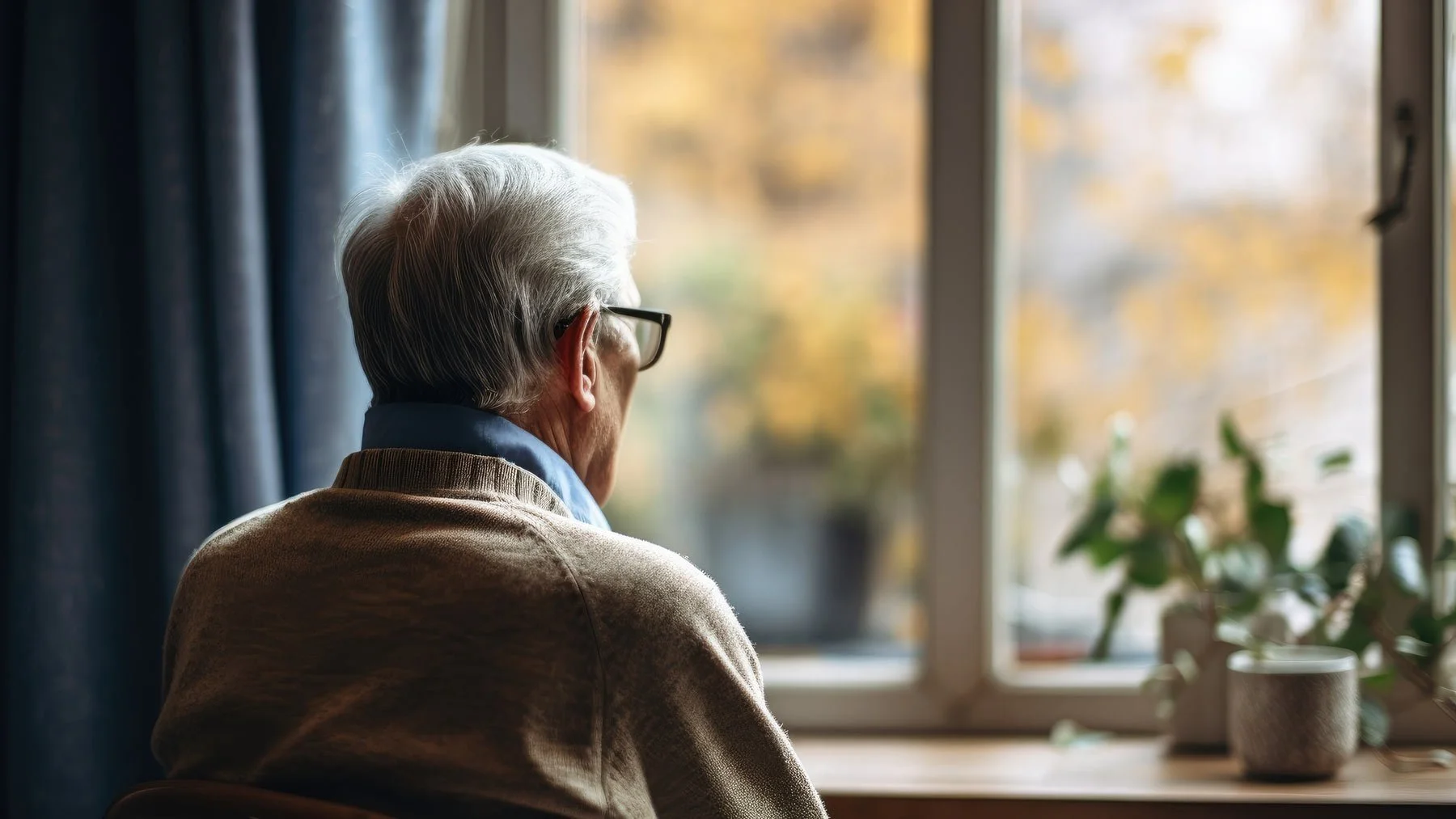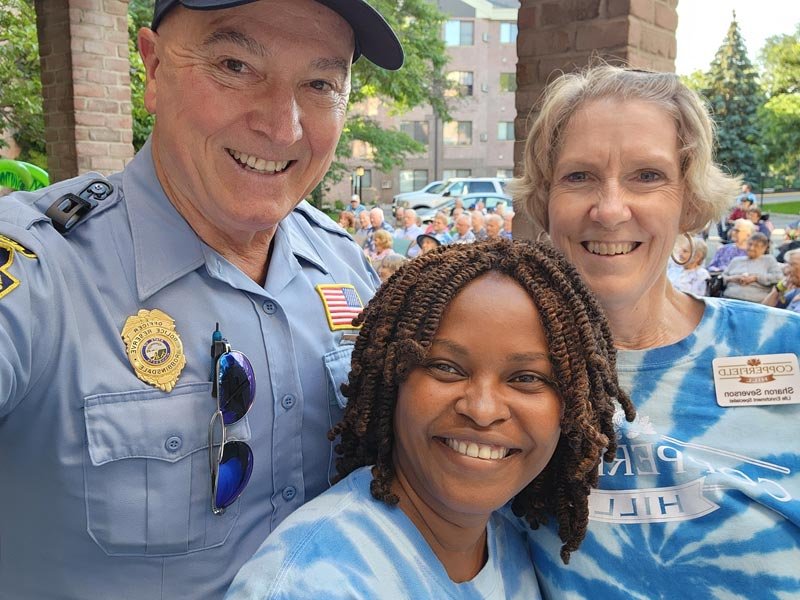Copperfield Hill Blog:
Community news and insights

Why Loneliness is a Health Risk—and How Senior Living Can Help
At Cooperfield Hill, no one has to face life alone. Discover how our vibrant community helps seniors combat loneliness and enjoy a healthier, happier life.

How to Know When It’s Time for Senior Living
Wondering if it might be time to consider senior living? From daily challenges to safety concerns and caregiver stress, here are the signs to look for—and how Copperfield Hill can help you navigate the transition with confidence.

Why Experience Matters: Almost 40 Years of Family-Owned Care at Copperfield Hill
For nearly 40 years, Copperfield Hill has been a trusted, family-owned senior living community rooted in compassion, consistency, and connection. Discover why our history—and heart—make all the difference.

Breakfast with Our Everyday Heroes at Copperfield Hill
This morning, Copperfield Hill hosted a special First Responders Breakfast to honor our local heroes.

Enjoying National Night Out 2024 at Copperfield Hill
This year’s National Night Out was a wonderful celebration of our vibrant community!
